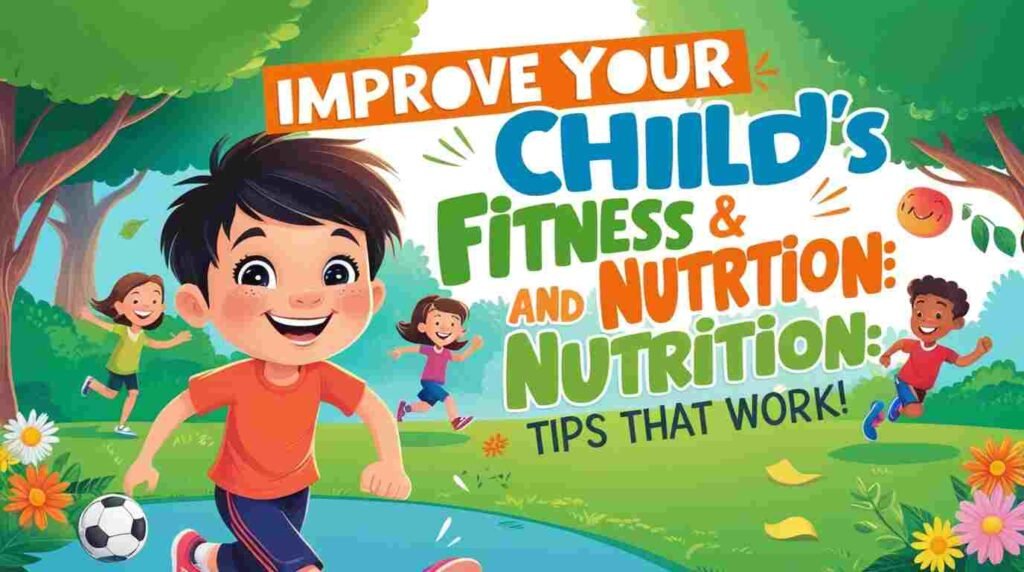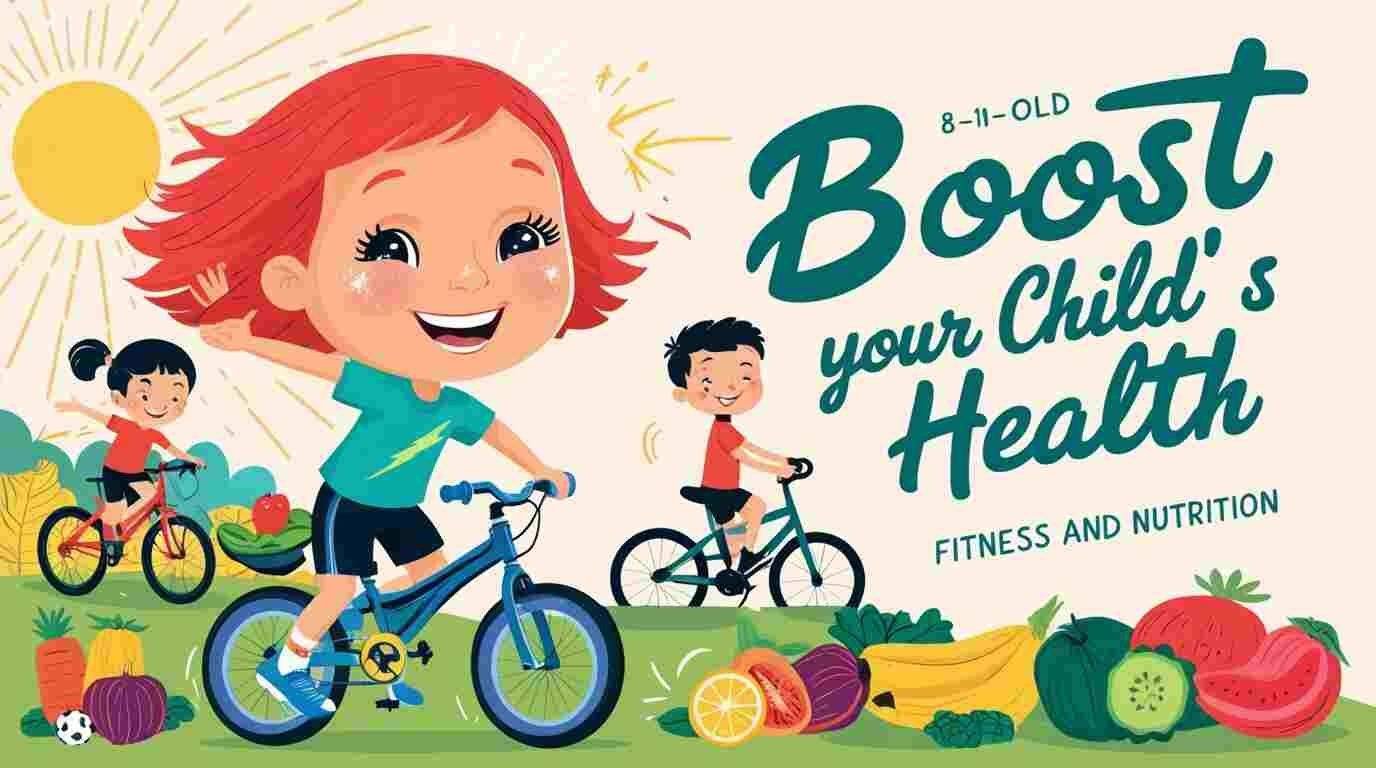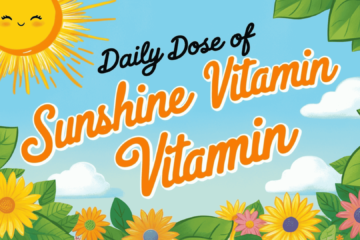Hello people! Do you know how to boost your child’s health? In this fast-paced world, demands and pressures increase, and fitness and nutrition always top your child’s priority list. There are so many health problems around you, so many kids younger than the ones on screens, and so much processed food that your kid falls into a sedentary life. Readjust fitness and nutrition more creatively – turn them into simple male children’s everyday practices that enable them to be fit, intelligent, alert, and tough.
This piece discusses how proper nutrition and fitness can benefit your child’s health and offers some suggestions for getting started.
Let’s discuss it!
Boost Your Child’s Health: Fitness And Nutrition
What Do We Need? Fitness & Nutrition for Kids?

Fitness Benefits
A fit young is a healthy young one: both-minded and active, a little more or less, or the same. Well, if children’s bodies can be referred to as ‘fit,’ yes, they tend to take pride in having well-proportioned, athletic, and ‘fit’ breasts. However, physical exercises have far-reaching merits, including the mitigation of psychological disorders associated with stress, anxiety, central attention, and even concentration. It cannot be that zen.
Physical Health: Physical activity helps keep your heart healthy and decreases the risk of becoming obese in childhood.
Emotional well-being: It is very useful for busy kids, as the endorphins, hormones you can prove are fighting against stress and depression, make it very useful.
Cognitive Function: Physical activity has been found to help the brain become productive and better at concentration, learning, and problem-solving.
Nutrition Benefits
Vitamins, other minerals, and nutrients cannot be separated from a balanced diet. Unbalanced and unhealthy diets also affect growth and development. Nutrition produces energy for the body and performs tasks within a day, keeping strong, normal-functioning muscles and skeleton and healthy-functioning immunity.
- Growth and Development: Elements such as calcium, which is important for the development of bones and muscles, iron, protein, vitamins A, C, and D, and a well-functioning immune system work together to enhance growth and development.
- Energy Levels: To sustain active children all day long, they need to be well-positioned to take enough carbs, proteins, and fats to be able to move, which is why we want those children to eat the right ratios of food.
- Mental Focus: A well-fed brain at an appropriate age helps in academic performance, which is crucial for our existence. This encompasses a child’s ability to concentrate in class after having a balanced and healthy meal.
Improve your child’s Fitness and Nutrition: Tips that work!

Make Physical Activity Fun
The child still has to ‘have fun.’ Join the family in activities like hiking, cycling, or a sport. Next, ask your child about an extensive collection of engaging sports and pursuits they like at least once. If they’re never going to be outside so they can play when they grow up, then use old-school thinking that play is a chore and save for base running, tag, jump rope, or whatever helps.
Create a Balanced Meal Plan
Nutrition is one aspect of health that should be addressed. Instead, teach your child to eat healthy via whole food (‘raw’ recommends foods not heated over 110F, unprocessed protein, and properly prepared brown rice).
- Fruits and Vegetables: Fruits and veggies are a principal source of all the important vitamins and antioxidants. I recommend eating as many colorful fruits and vegetables as you can, but in its means (and within your budget).
- Whole Grains and Lean Proteins: In addition to whole grains (quinoa, brown rice), consume lean carbohydrates such as chicken, beans, and tofu to drive muscle growth and maintain energy.
- Healthy Fats: In addition to the above-listed factors, embrace foods that include some fats that aren’t bad for the body and mind—particularly nuts, seeds, and avocados.
More fruits and vegetables; less drinks, sweets, and sugar.
- Sugary snacks and drinks like soda, candy, and processed foods will do one of two things: They might not be good for your child’s health or could eat up their energy.
- However, the food should be moved to more suitable snack options like yogurt, fruits, and nuts. Packed in kids’ vitamins, these nutrient-dense snacks make great kids’ snacks that kids can munch on without kids’ sustained kid energy.
Encourage Consistency
- If they feed them good food and keep them consistent with fitness, your child will only continue to develop these good lifetime habits.
- This system will enable your child to stay healthy by providing starting routines such as where to eat, eat time, and exercise time.
Conclusion
Good fitness and nutrition help your child’s weight and health, but they also provide the foundation for healthy, active living today and into the future. Great small ideas are moving daily, eating healthy, cutting out processed food, etc. The good news is that these latter things are good news for your child’s health now and for good, forever.
FAQs
- Why should my child be fit?
Daily and consistent exercise is essential for your child’s growth and physical development. Fitness has various stages, such as building muscles, improving your CE, and allowing you to stretch. Research also suggests vascular advantages. It will ensure that the child is running around joyously, reducing stress and evening stress, which will also be good for mental concentration.
- And what are the best exercises for children, especially?
The exercises incorporate kids’ physical and mental development and even prevalent growth development. Great fitness activities for children include:
- Outdoor play: I bike, run, jump rope, and play tag.
- Team sports: So it’s soccer or basketball or swimming.
- Gymnastics or dance: When done regularly, specific exercises will help improve your ability and balance and make you more flexible and coordinated.
- Yoga: It stretches well for flexibility, focus, and relaxation.
- What do I want more out of my child?
Enjoy some fun and bring your family into the fitness routine! Nature Walks, Bike riding, and a Dance in your house. Getting your child into exercise is easy if it’s a family affair. The idea is to praise what you see, share solid goals, keep them small, and celebrate their achievements. You can also help motivate them by giving them something to work for.
- My child eats healthy, what happens, and what weight will they be?
We call that nutrition—a healthy and active kid. A balanced diet means eating a certain amount of energy and nutrients needed to grow, exercising, supporting brain function, and helping keep our muscles and bodies working as they should every day. Nutrition provides immunity from healthy body weight, eliminates viral or bacterial infections, promotes muscle and bone growth, and gets your child physically ready for the day.
- What should my child eat if they are healthy?
To support fitness and energy, your child’s diet should include:
- Fruits and vegetables: These are good vitamins and minerals for health.
- Whole grains: Brown rice, oats, and whole wheat slices of bread are subreddit energy foods.
- Lean proteins: Repair and growth muscle are all found in all chicken, turkey, fish, eggs, beans, and nuts.
- Healthy fats: Brain and energy supporter foods such as avocados, olive oil, nuts, and seeds.
- Be sure to cut out all sugary snacks and foods, as they will eventually crash your energy and lead to or contribute to unhealthy weight gain.




